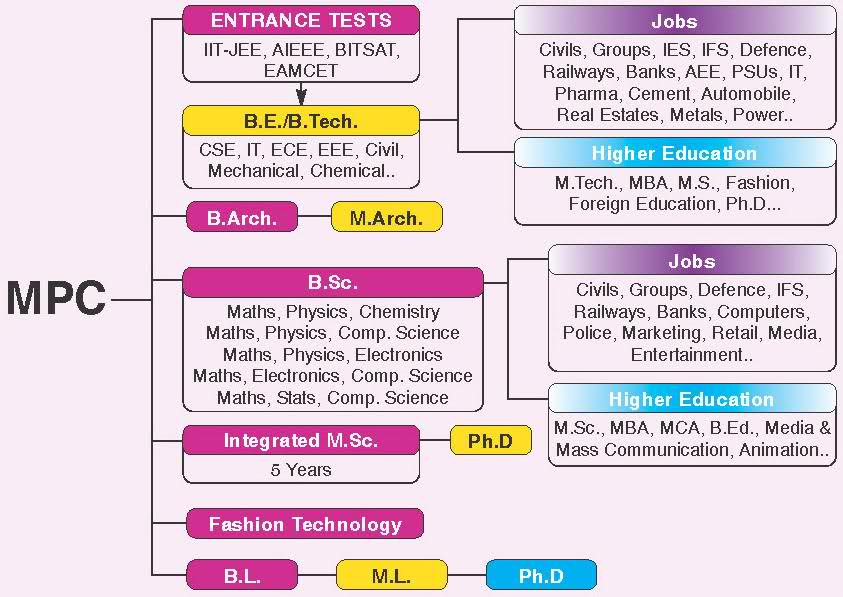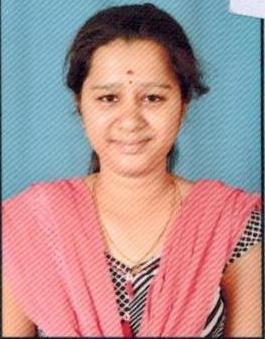Humanities & Sciences Department
Department Introduction
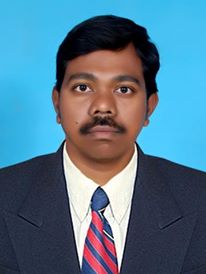
Head of the Department
Contact: 9848662458
Email: hodhum@induriet.edu.in
The department of Humanities and Sciences (H & S) comprises the disciplines of English, Mathematics, Physics and Chemistry. A blend of experience and enthusiasm, the department plays an instrumental role in moulding students from the first year itself.
Objective
The objective of the department is to prepare students to face challenges in a globalised world by imparting intensive training in English Language and Communication Skills, Mathematics, Physics and Chemistry that will help them apply their core knowledge to related fields. The department caters to the placement � related needs of the students by training them in areas likeVerbal Ability, Group Discussions, InterviewTechn iques, QuantitativeAptitude, etc.
PEO 1: Preparation: To prepare students for successful careers in Electrical and Electronics engineering meeting the requirements of Indian and global companies.
PEO 2: Technical Competence: To make students proficient in the design, development and production of electrical, electronic equipment, power system and control devices.
PEO 3: Knowledge Breadth: To enable students acquire mathematical, analytical and engineering skills required for pursuing higher studies and carrying out research in Electrical and Electronic disciplines.
PEO 4: Professional Development: Graduates will compete effectively in a world of rapid technological change and assume leadership roles within industrial, entrepreneurial, academic, or governmental environments in the broad context of electrical engineering.
PEO 5: Learning Environment: To impart develop professional, ethical values and communication skills for successful careers in the chosen domain.
a) An ability to apply knowledge of mathematics, science, and engineering in electrical domain.
b) An ability to design and conduct experiments, as well as to analyze and interpret data to solve complex electrical engineering problem.
c) An ability to design a system,component,orprocess to meet desired needs within realistic constraints such aseconomic,environmental, social, political, ethical.
d) An ability to function on multidisciplinary teams.
e) An ability toidentify, formulates,and solves engineering problems
f) An understanding of professional and ethical responsibility.
g) An ability to communicate effectively.
h) The broad education necessary to understand the impact of engineering solutions in a global and societal context.
i) A recognition of the need for,and an ability to engage in life long learning.
j) Knowledge of contemporary issues
k) An ability to use the techniques, skills, and modern engineering tools necessary for engineering practice.
(l )A knowledge of differential and integral calculus and advanced mathematics including differential equations, linear algebra, vector calculus, complex variables, Laplace transform, Fourier transforms, and probability and statistics with appropriate applications.
(m ) knowledge of basic sciences, computer science, and engineering sciences necessary to analyze and design complex electrical and electronic devices, software, and systems containing hardware and software components, as appropriate to program objectives.

HOD
M.A Eng.
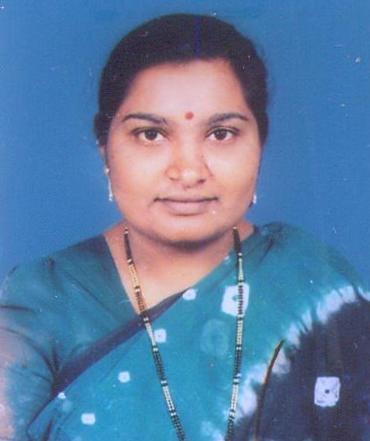
Professor
M.Sc, Ph.D
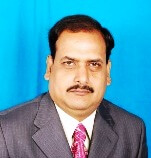
Associate Professor
M.A English, (Ph.D)
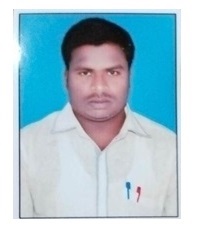
Assistant Professor
M.Sc Physics
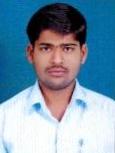
Associate Professor
M.Sc. Chem.

Associate Professor
M.Sc. Phy.
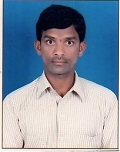
Assistant Professor
M.Sc. Chem.
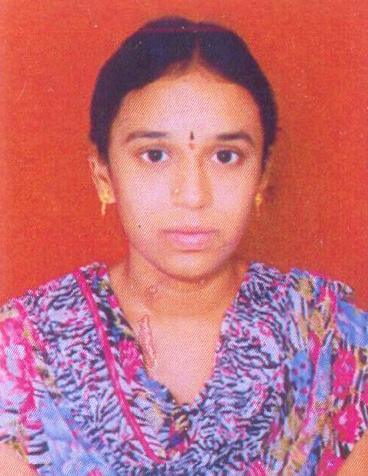
Assistant Professor
M.Sc. Chem.
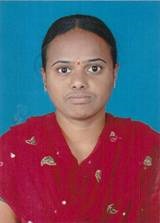
Assistant Professor
M.Sc Maths
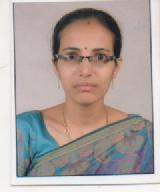
Assistant Professor
M.Sc Maths





